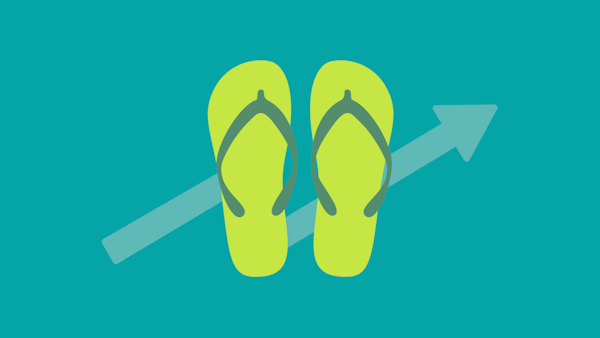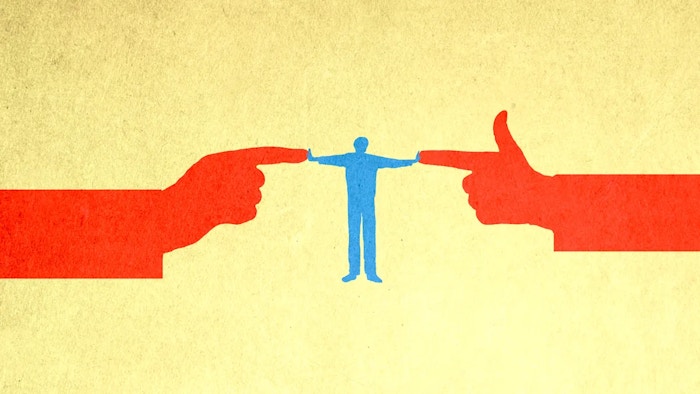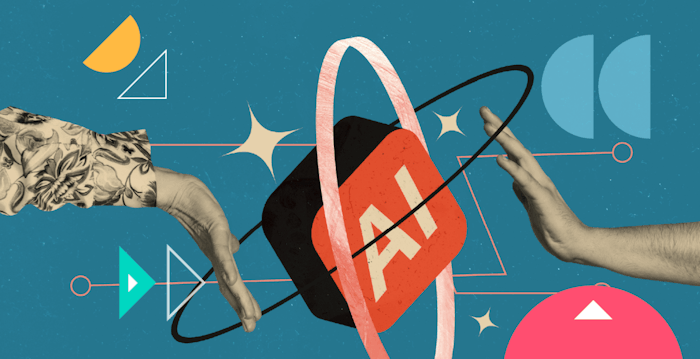Insights that drive impact—rooted in research, supported by data, and made to fuel brand growth.

For Creators
Trends
09.30.25
October 2025 TikTok Trends: Viral Moments You Need to Know

POV
08.27.25
Beyond Performance: Why the Future of Activewear Belongs to Everyday Athletes

For Creators
Trends
08.25.25
September 2025 TikTok Trends: Viral Moments You Need to Know
Guides
08.18.25
2025 Active Lifestyle Benchmark Report

For Creators
Trends
07.28.25
August 2025 TikTok Trends: Viral Moments You Need to Know

POV
07.02.25
Viral Product Drop Strategy: FOMO, Limited Editions & TikTok
For Creators
In The News
Creator Marketing
06.26.25
Adweek: Kelly Dye on Influencers Navigating Identity Politics

Trends
Content & Creative
06.25.25
TikTok Trends for DTC Brands in 2025: What’s Driving Growth

For Creators
Trends
06.23.25
July 2025 TikTok Trends: 28 Viral Moments You Need to Know

POV
06.20.25
How DTC Brands Will Reduce CAC in 2025—Without Spending Less
In The News
POV
Creator Marketing
06.06.25
AW360: Heather Nichols on the Creator Economy & Ethical Future of AI

For Creators
Trends
06.01.25






